Introducing the First
Ammonia Electrolyzer
On-demand hydrogen from ammonia at room temperature — modular, zero-emission conversion.
Ammonia is emerging as the leading hydrogen carrier
Industry forecasts show that more than 87% of all projected clean hydrogen will be transported as ammonia, making it the dominant choice for large-scale energy trade. With 2.7 times the energy density of compressed hydrogen, ammonia can store and deliver far more energy in the same volume, enabling efficient transport over long distances. Also, ammonia’s adoption is further supported by a mature, global infrastructure. Over 200 ports and 500 vessels already equipped to handle ammonia worldwide, along with more than 3,000 miles of dedicated pipelines and 10,000 storage facilities in the United States alone. This unparalleled readiness positions ammonia as the most practical, scalable, and cost-effective solution for a clean hydrogen future.
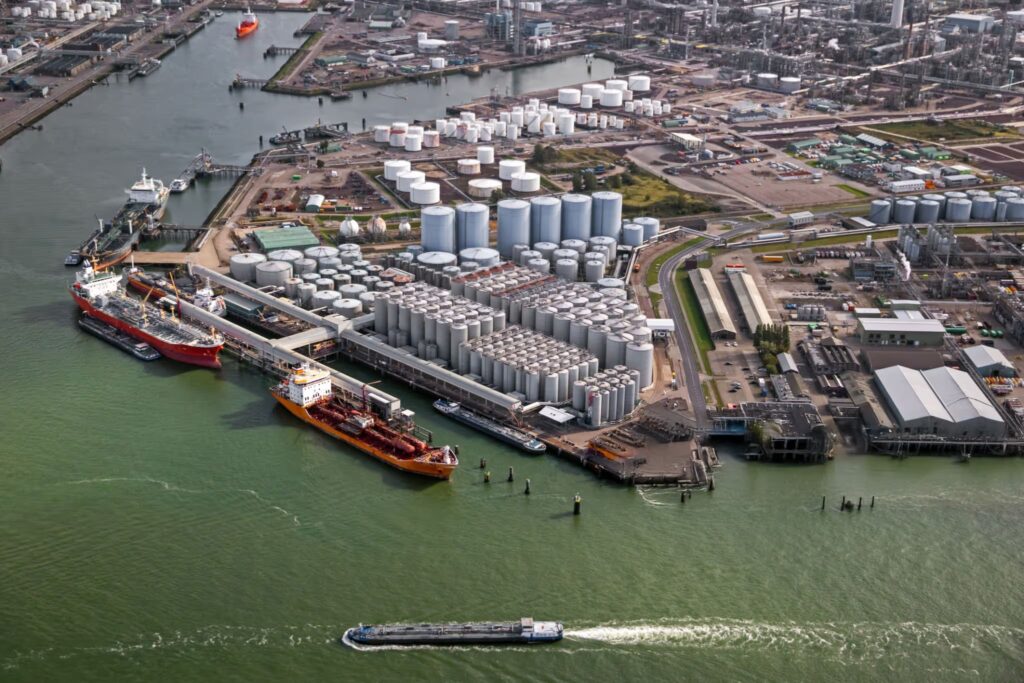
The Challenge in Using Ammonia as a Hydrogen Carrier
The main bottleneck in using ammonia as a hydrogen carrier lies in the reconversion step — turning ammonia back into hydrogen.

Currently, thermal cracking is the only available technology, but it comes with major drawbacks:
- High Temperature (600-900 ºC)
- High Pressure (30-50 bar)
- High Emission (NOX, CO2)
- High CAPEX (Tens of Millions)
- Slow Dynamic Response
- Multiple Purification Process

AmHyTech Ammonia Electrolysis
At AmHyTech, we’re eliminating these barriers with our next-generation ammonia electrolyzer — the first of its kind based on our proprietary ambient-condition liquefaction process. Our ammonia electrolyzer enables clean, on-demand hydrogen generation— making hydrogen mobile, modular, and truly sustainable.
- Room Temperature (25 ºC)
- Ambient Pressure (1 bar)
- Zero Emission
- Low CAPEX (< $1.5M for 1 MW)
- SFast Dynamic Response
- Both Centralized & Decentralized
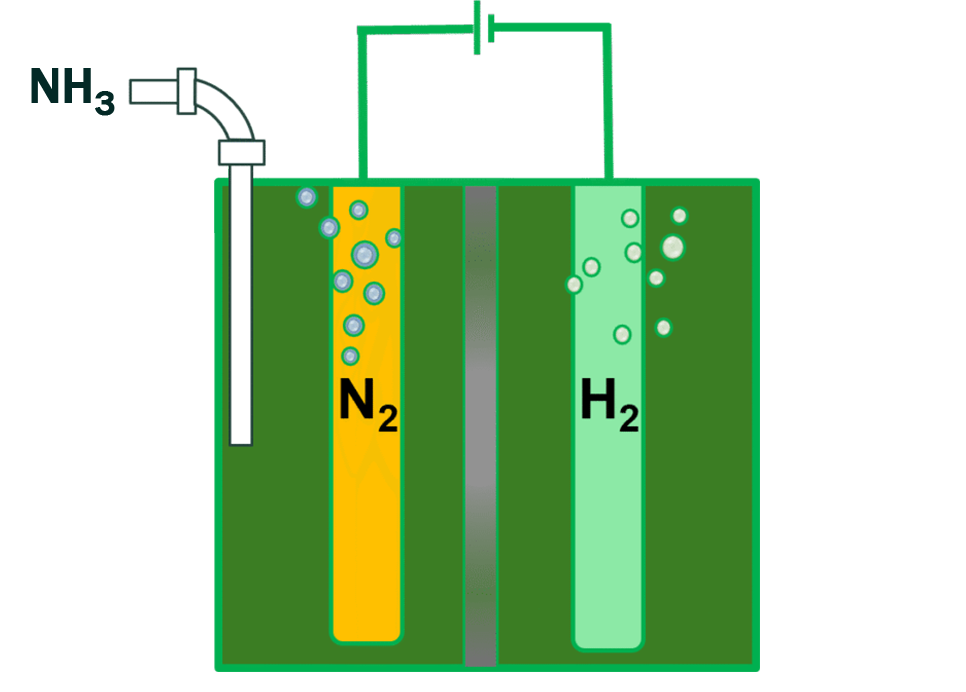
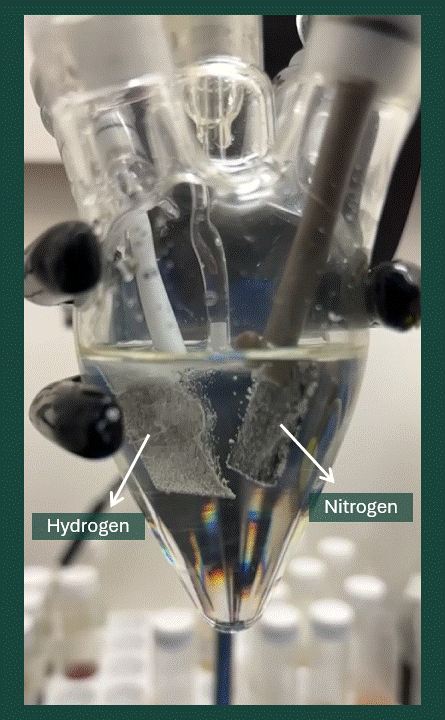
Why Choose Us
Applications
Versatile Application Across the Hydrogen Landscape: One Technology, Multiple Solutions!
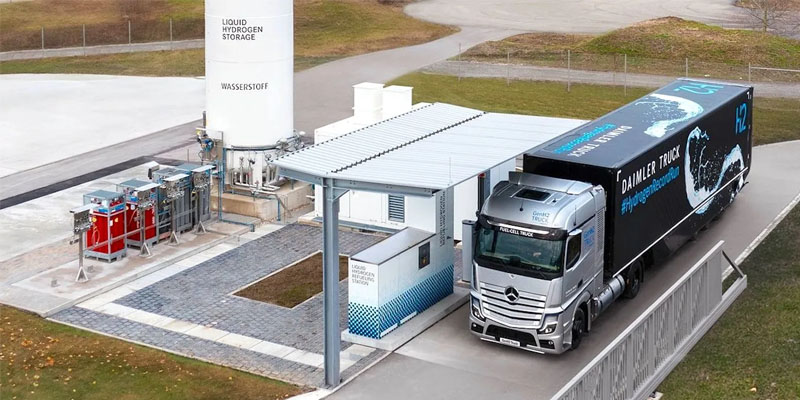
H₂ Refueling Stations
Addresses H₂ Storage and delivery at refueling stations with onboard Ammonia tank and on-site Ammonia to H₂ conversion
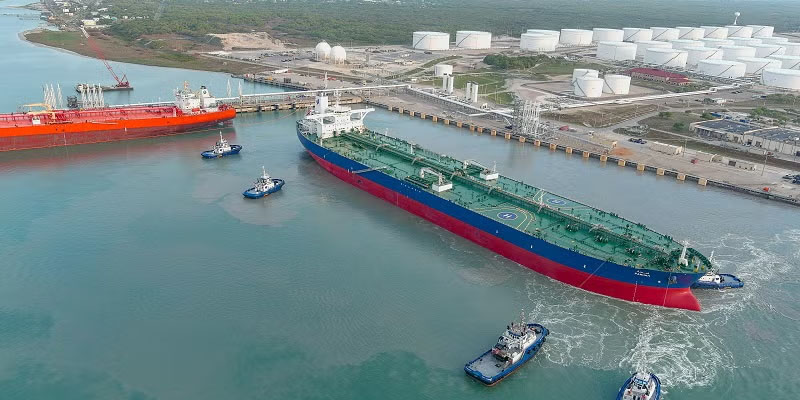
International H₂ Trade
Converts imported Ammonia at port terminals into Hydrogen for local use
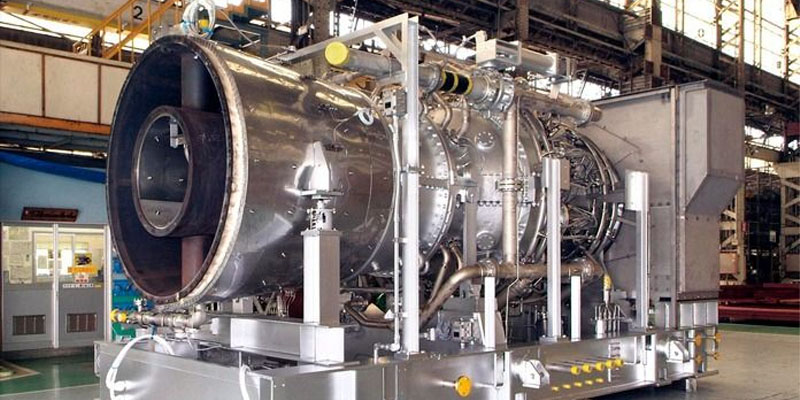
Power Generation
Provides optimized Ammonia-to-Hydrogen ratio for Ammonia-based power generation systems
.svg)





